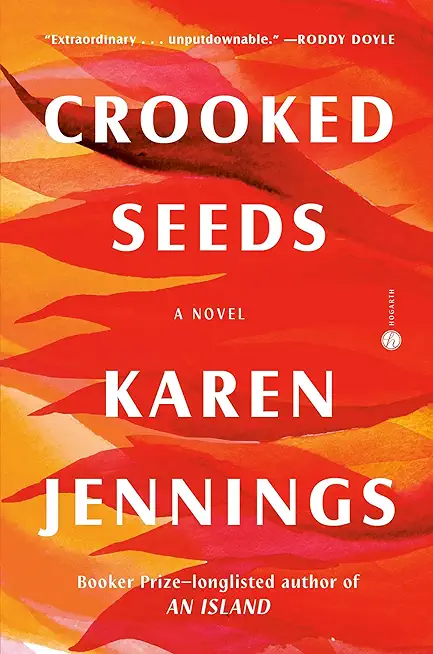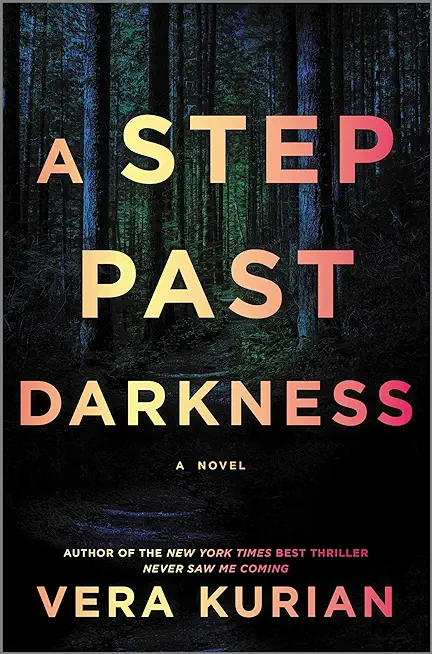
description
frica confronts her family's troubling past in this taut and daring novel about national trauma and collective guilt--from the Booker Prize-longlisted author of An Island. "Extraordinary . . . unputdownable."--Roddy Doyle Cape Town, 2028. The land cracks from a years-long drought, the nearby mountains threaten to burn, and the queue for the water trucks grows ever longer. In her crumbling corner of a public housing complex, Deidre van Deventer receives a call from the South African police. Her family home, recently reclaimed by the government, has become the scene of a criminal investigation. The remains of several bodies have just been unearthed from her land, after decades underground. Detectives pepper Deidre with questions: Was your brother a member of a pro-apartheid group in the 1990s? Is it true that he was building bombs as part of a terrorist plot? Deidre doesn't know the answers to the detectives' questions. All she knows is that she was denied--repeatedly--the life she felt she deserved. Overshadowed by her brother, then left behind by her daughter after she emigrated, Deidre must watch over her aging mother and make do with government help and the fading generosity of her neighbors while the landscape around her grows more and more combustible. As alarming evidence from the investigation continues to surface, and detectives pressure her to share what she knows of her family's disturbing past, Deidre must finally face her own shattered memories so that something better might emerge for her and her country. In exquisitely spare prose, Karen Jennings weaves a singularly powerful novel about post-apartheid South Africa. It is an unforgettable, propulsive story of fractured families, collective guilt, the ways we become trapped in prisons of our own making, and how we can begin to break free.
member goods
No member items were found under this heading.
Return Policy
All sales are final
Shipping
No special shipping considerations available.
Shipping fees determined at checkout.







